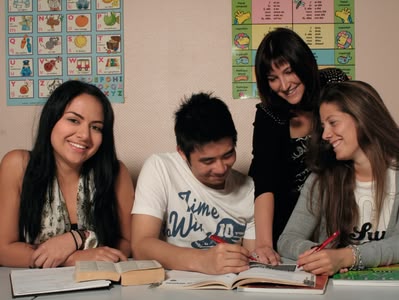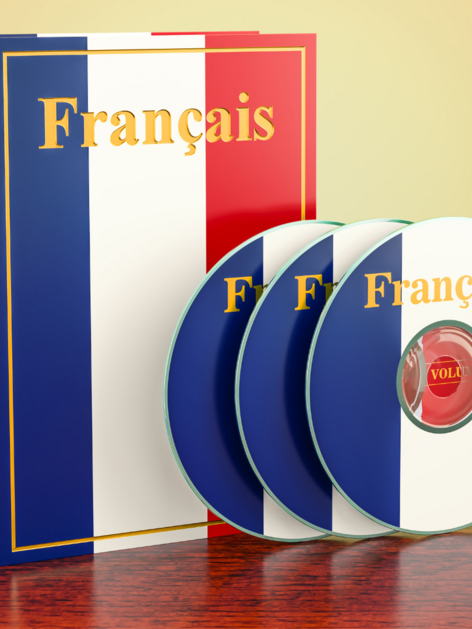This, of course, also applies to the French language, which in this respect has rules similar to those of Italian (luckily for us): after all, they are two Romance languages that have greatly influenced each other over time.
After tackling the first group, today in this Sprachcaffe lesson we'll discover and analyze the verbs of the second group in French : what are they? And how can we distinguish them from the others?
Discover all the characteristics of these verbs: at the end, we'll also provide you with a list of the most common and used verbs from group 2 in French, so you can memorize the ones you need most initially. We'll also provide a list of examples so you can see them in context. This will greatly help you better understand them and memorize them more easily.














